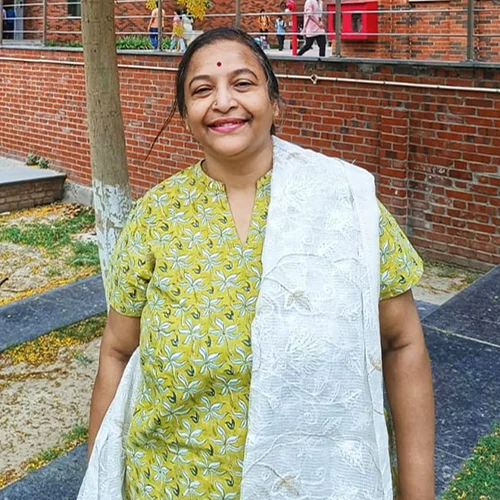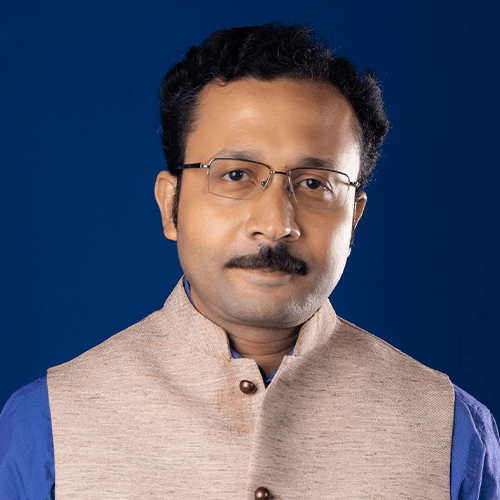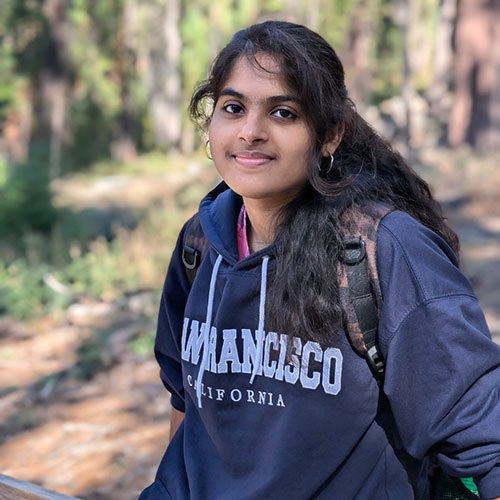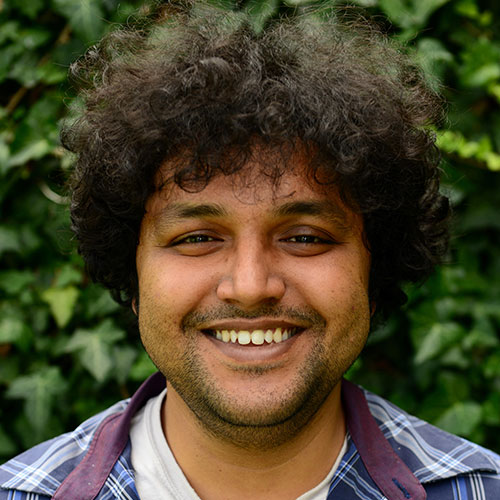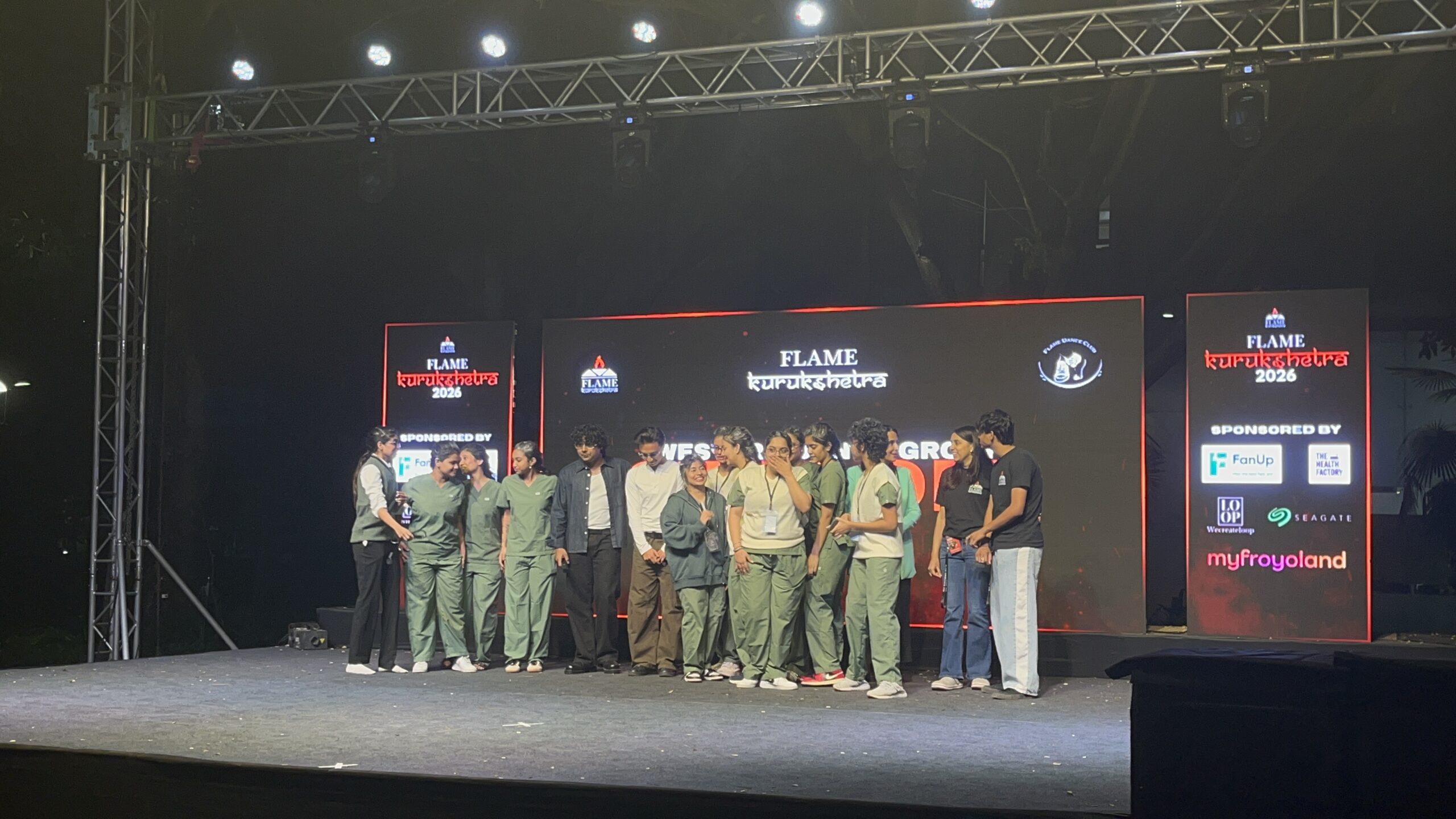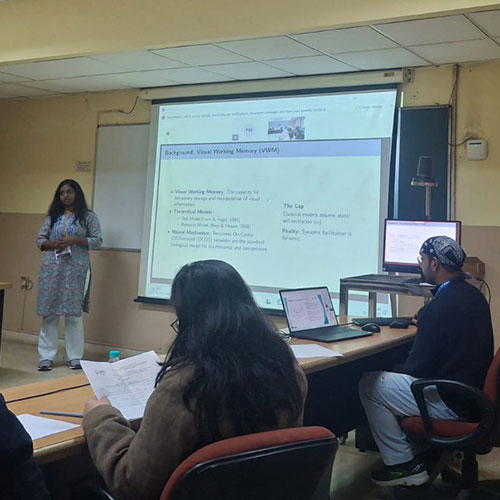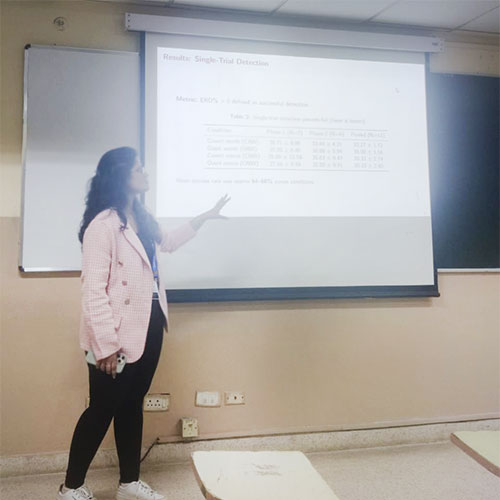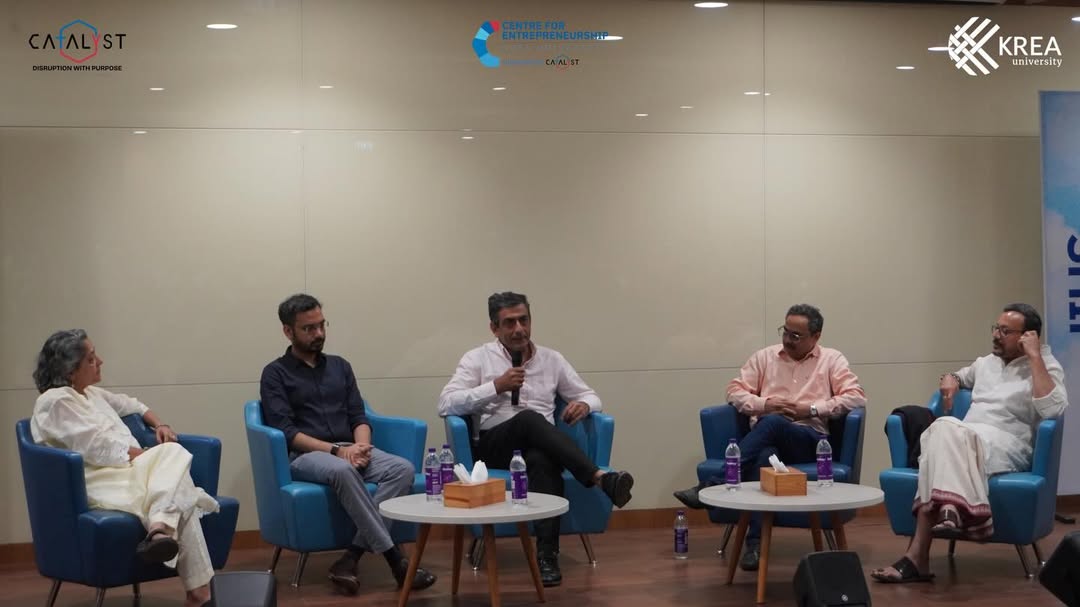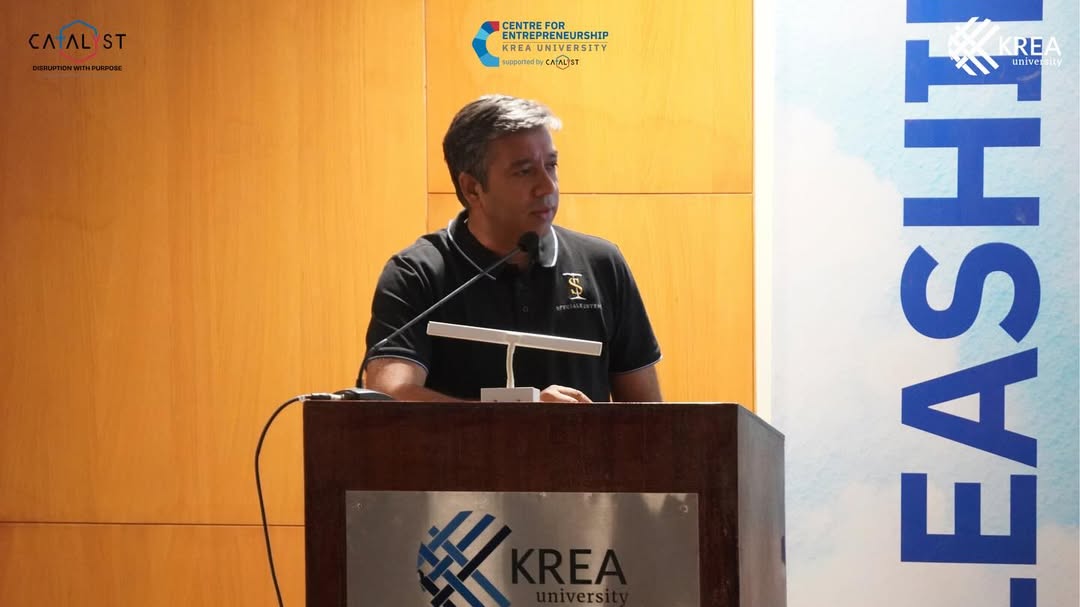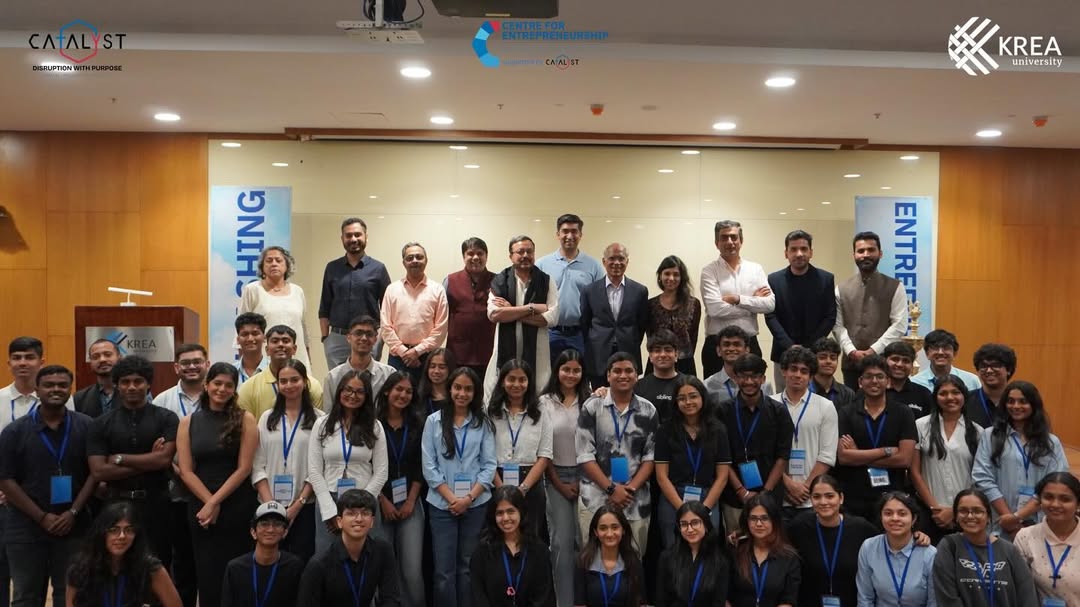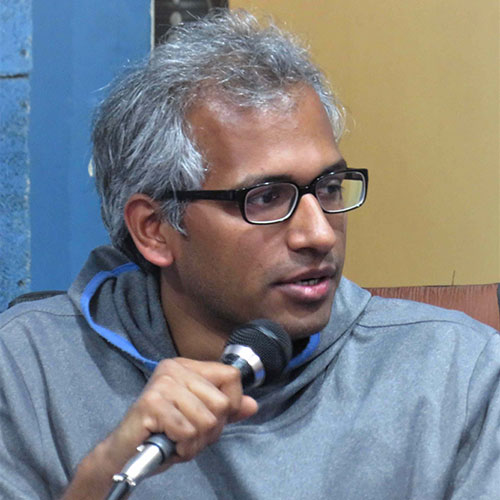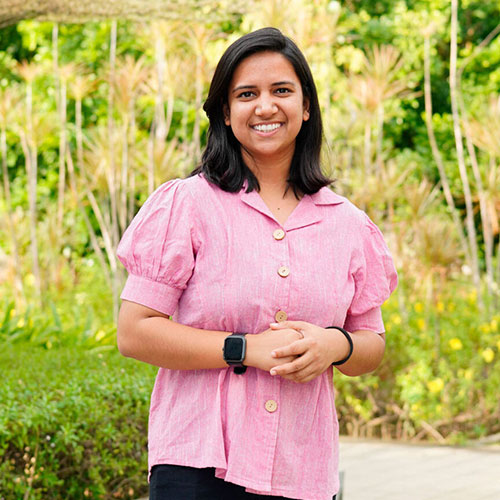Aarthi Venkatesh, a third-year Psychology student at SIAS, has been awarded the highly selective Founding Generation Fellowship by the International Congress of Infant Studies (ICIS). As part of the fellowship, she will spend the summer at the University of British Columbia (UBC), Vancouver, conducting research at the Centre for Infant Cognition under the supervision of Dr Kiley Hamlin.
Her research will focus on investigating the early developmental foundations of moral cognition in infants. Through this work, she aims to develop both conceptual and methodological skills in developmental cognitive neuroscience. The fellowship marks an important milestone in her academic journey, deepening her long-standing interest in early cognitive development and the philosophical questions surrounding the nature of mind, knowledge, and morality.
